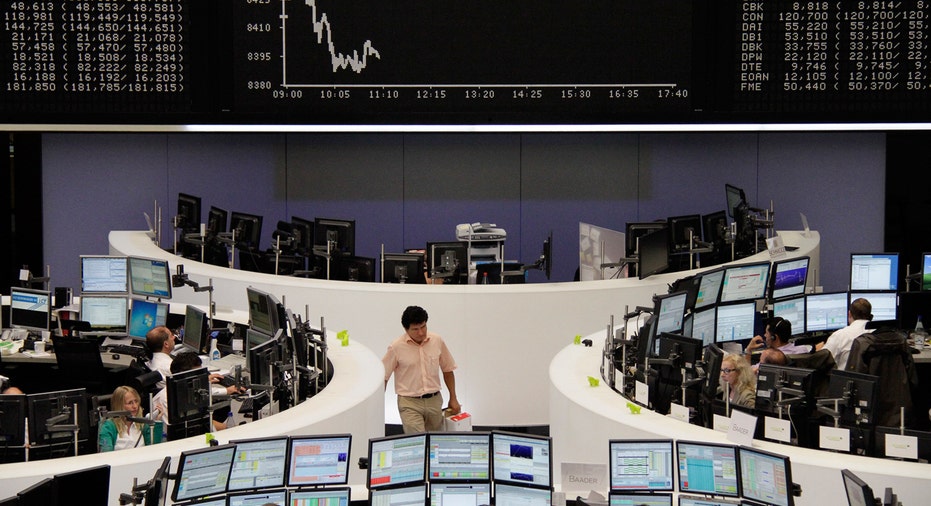Global Stocks Head for Best Week Since July

Stock markets were on course for their biggest weekly gain in two months on Friday after a week of central bank meetings which left investors still unconvinced that U.S. policymakers intend to put an end to an era of ultra-low interest rates.
European stock markets dropped half a percent in early trade, but global share indices were still near 13-month highs, helped by the assumption after a statement on Wednesday that the Federal Reserve, at worst, would raise interest rates only gradually over the next two years.
The jury is still out on whether the Fed will deliver a long-speculated increase in December, pushing Treasury yields to their biggest decline in weeks and the dollar to a half percent loss for the week.
Buying of Italian and Spanish debt - another indicator of markets' appetite for risk - has driven the biggest weekly fall in yields since the start of July.
But the mood remains rocky. Hopes of a deal to curb crude oil output at next week's OPEC meeting were not enough to prop up oil prices. A batch of poor German data helped propel the initial losses on Europe's major exchanges.
"The Fed-fuelled rally that catapulted shares out of the summer doldrums this week is showing some signs of fatigue," said Jasper Lawler, an analyst at CMC Markets in London.
"The immediate reaction across markets to the Fed’s decision ... has been lower treasury yields, higher stock prices and a weaker dollar. This reflects an understanding that the Fed isn’t about to raise rates for at least three months."
Asian shares held near 14-month highs, while Japanese bond yields fell as investors continued to debate the Bank of Japan's new policy scheme, which will seek to keep longer-dated yields around zero.
MSCI's broadest index of Asia-Pacific shares outside Japan ticked up 0.15 percent, driven by gains in Australia, and within sight of their highest levels since July 2015.
But Japan's Nikkei dipped 0.3 percent, reflecting the yen's gains during a market holiday on Thursday.
Fed Chair Janet Yellen did say U.S. growth was looking stronger and rate increases would be needed to keep the economy from overheating and fuelling high inflation.
But that hardly changed the market's perception of Fed policy. Interest rate futures were pricing in roughly a 60 percent chance of a rate increase by December, little changed from before the Fed meting.
The Fed also projected a less aggressive rise in rates next year and in 2018, fanning expectations bond yields will remain low for the foreseeable future.
The 10-year U.S. Treasuries yield dropped to as low as 1.608 percent on Friday, down from Wednesday's high of 1.738 percent and hitting its lowest in two weeks. German Bund yields also fell 0.4 basis points to minus 0.088 percent.
Oil prices eased after two days of gains, before a gathering of OPEC ministers next week in Algeria to discuss possible production cooperation to rein in global oversupply.
Brent crude futures traded at $47.27 per barrel, after having climbed to a two-week high of $47.83 on Thursday.
"Nobody is really sure where we will go from here, which strikes me that $47.50 is a number we may hover around for a while," said Matt Stanley, a fuel broker at Freight Investor Services in Dubai.
(Editing by Larry King)



















